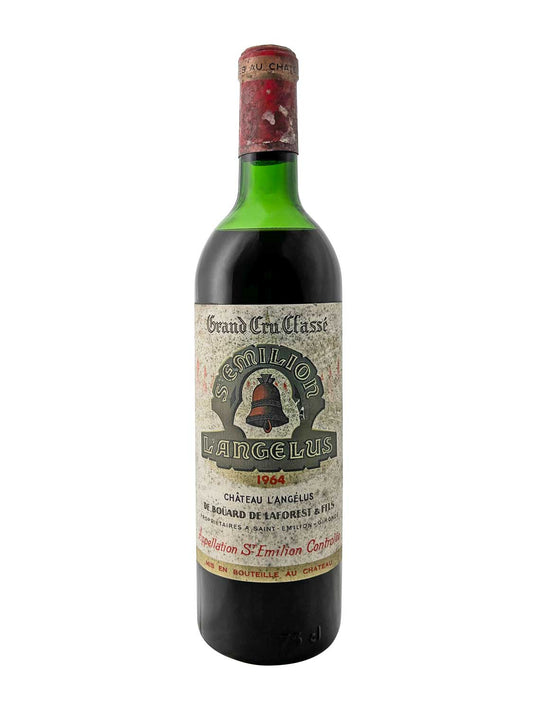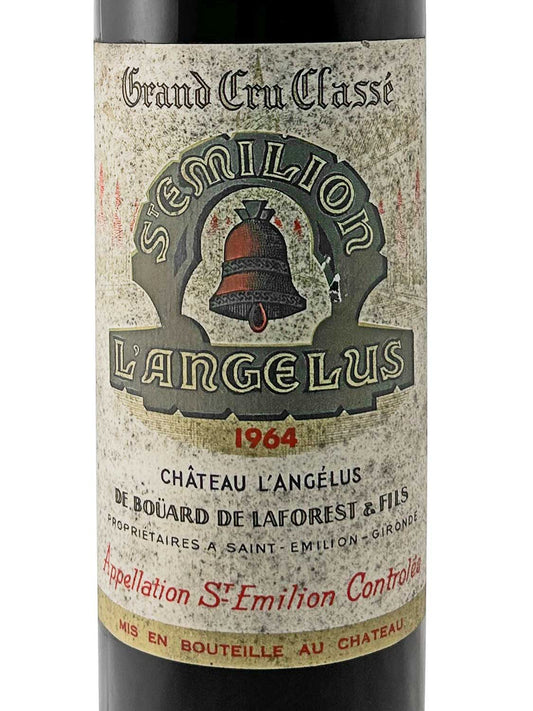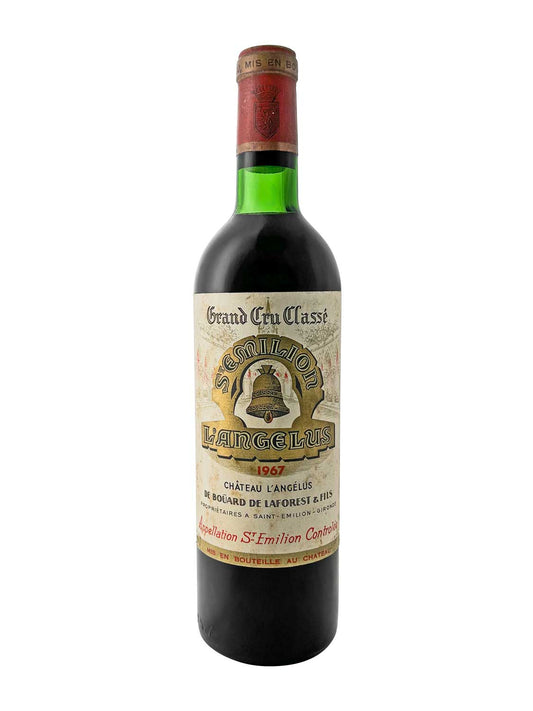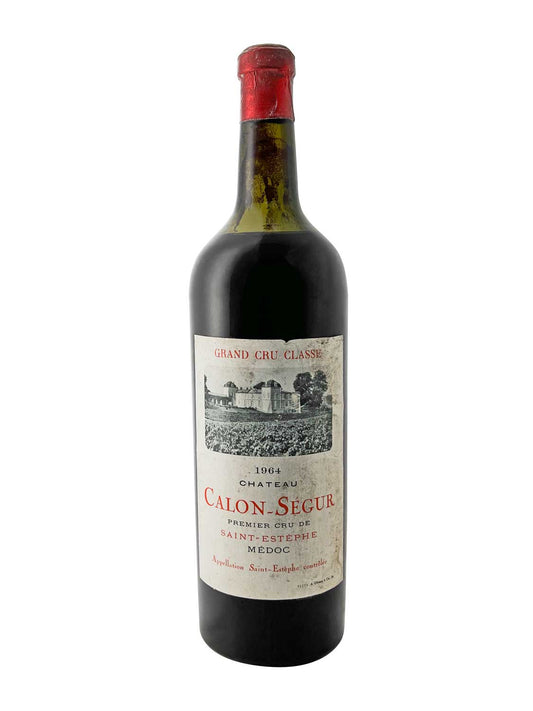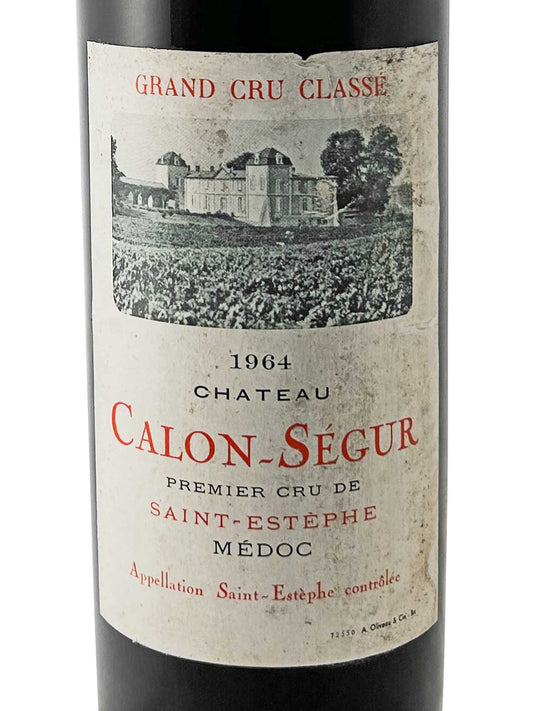
Storing wine in the kitchen?
Advantages and disadvantages of storing wine bottles in the kitchen
Wine storage is a topic that concerns many wine collectors. While some people keep their wine in special wine cellars or cabinets, the question arises whether the kitchen is a suitable place to store wine. Not everyone has the opportunity to store wine in the cellar. A wine refrigerator can also be an obstacle with its associated costs and space requirements. In this blog post, we will examine the pros and cons of storing wine in the kitchen and explain to you when storing wine in the kitchen makes sense.
The ideal environment for wine
Before we look at whether the kitchen is a suitable place to store wine, let's first look at what conditions are ideal for storing wine. In general, wine needs a cool, dark and stable environment. Here are some key factors:
Temperature: The ideal storage temperature for wine is between 8 and 15 degrees Celsius - depending on the type of wine. Temperature fluctuations can have a negative impact on the ripening process, so constant temperatures should prevail throughout the year.
Humidity: A humidity of about 70 to 85 percent is optimal to prevent the cork from drying out.
Light: UV light can damage the wine and affect its aromas, so darkness is important.
Vibrations: Strong vibrations can disturb the wine and affect its development, and can also negatively affect the cork.
Also read: Guide – How long can you store white wine?
Reasons for storing wine in the kitchen
If you want to keep wine close to you for occasional enjoyment, wine is often found in the kitchen or living room. This can be an option for two to three years if you have no other storage option. It is important to note that temperature, humidity, light and vibrations should not have too extreme an effect on the wine.
However, you should definitely not build a serious wine collection in the kitchen cupboard or living room shelf. The wine can only mature and be protected under optimal conditions, such as in a wine cellar or wine refrigerator.
Therefore: Temporary storage of wine is possible in the kitchen, but not for a wine collection.

Benefits of Kitchen Storage
Despite the above requirements, there are some advantages to storing wine in the kitchen:
Accessibility: The kitchen is often the central place in the house where people spend a lot of time. Keeping your wines there will give you quick access to them when guests come or when you want to open a bottle for dinner.
Pairing with food: In the kitchen you have direct access to food and ingredients. This makes it easier for you to choose suitable wines for your dishes and try out spontaneous combinations.
Space saving: Not everyone has the space or the ability to set up a dedicated wine cellar or install a wine refrigerator. For many people, the kitchen can be a practical but only temporary solution.
Disadvantages of kitchen storage
Despite these advantages, there are also significant disadvantages to storing wine in the kitchen:
Temperature fluctuations: Kitchens are often places with large temperature fluctuations due to cooking or opening the refrigerator and exposure to sunlight or radiators. These fluctuations can disrupt the wine's aging process and affect its quality.
Light: Although many kitchens do not receive direct sunlight, artificial light sources can still be harmful. Halogen lamps in particular emit UV light that can damage the wine.
Odors: A kitchen often has strong odors from food and spices. These odors can penetrate the wine through the cork and affect its flavor.
Dirt: The protection of the wine label is not guaranteed in the kitchen if dirty fingers or splashes touch the label while cooking.
Vibrations: Kitchen appliances such as blenders or dishwashers generate vibrations that can have a negative effect on the wine.
Safety: Children and people with special needs can easily access wine bottles. Preventing general access to wine bottles is usually not possible in the kitchen.
Tips for storing wine in the kitchen
If you decide to store your wine in the kitchen, there are some steps you can take to ensure it is preserved as best as possible:
Choose a cool place: Find a place in your kitchen that is as cool as possible but not too cool - ideally away from the stove, heater, refrigerator and kitchen window. A cupboard or pantry can be a good option.
Avoid direct light sources: Make sure your wines are not exposed to direct light. Use closed shelves, cabinets with doors or light-tight boxes.
Also read: How old can wine get?
Store bottles lying flat: Store your wine bottles horizontally so the cork stays moist and doesn't dry out. This prevents air from entering the bottle and causing wine to leak.
Pay attention to temperature stability: Try to minimize temperature fluctuations. If your kitchen gets very hot (e.g. when cooking or in summer months), consider moving your wines to another location.
Use a small refrigerator for wine: If your budget allows, a small wine refrigerator could be an excellent solution. These appliances offer optimal conditions for storing wine and are often compact enough for the kitchen.
Regular inspection: Regularly check your stored wines for changes in taste or smell as well as for signs of cork damage.

Alternatives to Kitchen Storage
If the above disadvantages outweigh the advantages, or if you are serious about investing in wine, you should consider alternative storage options:
Wine cellar: A traditional wine cellar offers optimal conditions for storing wine – cool, dark and stable.
Wine refrigerators: There are special wine refrigerators on the market that can regulate temperature and humidity – ideal for any serious wine collector.
Climate-controlled storage facilities: Some companies offer climate-controlled storage facilities specifically for wine collectors – a great option for those without their own cellar.
Conclusion
The decision about whether or not to store wine in the kitchen depends largely on intention. For occasional enjoyment, wines can certainly spend two to three years in the kitchen. However, a serious wine collection should be kept in more ideal premises. So it depends on individual circumstances - including the space available and the value of the wine itself. While there are some advantages (accessibility and space saving), the disadvantages, such as temperature fluctuations and light exposure, often outweigh the disadvantages.
For casual wine drinkers, it may be acceptable to keep a few bottles in the kitchen; however, serious collectors are better off storing their precious wines in optimal conditions – be it in the cellar or a special wine refrigerator.
Ultimately, the goal of any storage is always the same: to maintain quality!

